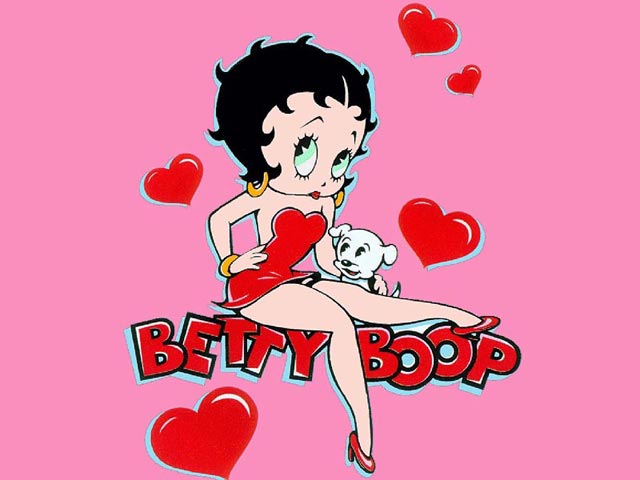Depiction of Betty Boop Cartoon Aesthetically Functional, Not Infringing
 Betty Boop
Betty Boop
Depictions of the Betty Boop cartoon character are aesthetically functional and governed by copyright law. Therefore, they’re not protectable as trademarks.
The Ninth Circuit made those findings on Feb. 23.
Interestingly, it based its decision on two cases neither party cited in its briefs.
The Ninth Circuit affirmed the Central District of California’s summary judgment dismissal of plaintiff Fleischer Studios, Inc.’s trademark (and copyright) claims against defendant A.V.E.L.A., Inc., for reproducing the cartoon’s image on toys, dolls, and merchandise.
It found that International Order of Job’s Daughters v. Lindeburg & Co., 633 F.2d 912 (9th Cir. 1980), and Dastar Corp. v. Twentieth Century Fox Film Corp., 539 U.S. 23 (2003), barred plaintiff’s claims. Following Job’s Daughters, the court concluded “‘the articles themselves, the defendant’s merchandising practices, and any evidence that consumers have actually inferred a connection between the defendant’s product and the trademark owner,’ reveal that A.V.E.L.A. is not using Betty Boop as a trademark, but instead as a functional product.” In other words, consumers buy the good for the cartoon, not because the cartoon signifies it came from a particular source.
As for Dastar, the court concluded: “If we ruled that A.V.E.L.A.’s depictions of Betty Boop infringed Fleischer’s trademarks, the Betty Boop character would essentially never enter the public domain….” The Dastar court held that where a copyright is in the public domain, a party may not assert a trademark infringement action against an alleged infringer if that action is essentially a substitute for a copyright infringement action. Put another way, when a copyrighted work is at issue, an owner can’t do under trademark law what it can’t do can’t do under copyright law.
The court separately found that chain-of-title problems prevented Fleischer from enforcing rights under copyright law.
The case cite is Fleischer Studios, Inc. v. A.V.E.L.A., Inc., __ F.3d. __, 2011 WL 631449, No. 09-56317 (9th Cir. Feb. 23, 2011).
Reader Comments